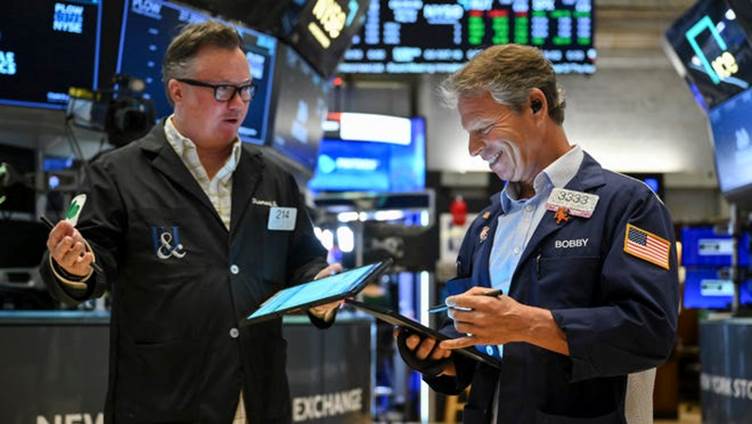President Donald Trump recently took to social media to express his opinion about Walmart’s plan to raise prices, stating that the retailer should not attribute price hikes to tariffs. Instead, he argued, the company should absorb the extra costs, especially considering its hefty profits.

On May 17, Trump posted a message on Truth Social, saying, “Walmart made BILLIONS OF DOLLARS last year, far more than expected. Between Walmart and China, they should, as the saying goes, ‘EAT THE TARIFFS’ and not pass those costs onto their customers. I’ll be keeping an eye on this, and so will your customers!” The post comes in response to Walmart’s announcement earlier in the week that it would begin raising prices later in May, citing high tariffs as the primary reason.
Trump’s comment sheds light on the ongoing debate over the impact of tariffs on businesses and consumers. Since the former president implemented a sweeping series of tariffs, beginning with a 10% levy on imports from all countries and additional higher rates on goods from 60 countries in April, the global trade landscape has been in turmoil. While the tariffs were initially set to escalate further, Trump has since paused or rolled back certain rates, adjusting his approach in light of the economic strain they have caused.
Walmart’s decision to raise prices has drawn the attention of consumers and lawmakers alike. The retailer, which is the world’s largest by revenue, explained that the higher tariffs had pushed up costs, particularly on imported goods. CEO Doug McMillon addressed the situation on Thursday, acknowledging that although Walmart would strive to keep prices as low as possible, the reality of narrow retail margins meant they couldn’t absorb all the increased costs. “Given the scale of the tariffs and even with the reduction in some of the rates announced this week, it’s not feasible for us to completely absorb the pressure,” McMillon said in his statement.
The announcement from Walmart has stirred up debates over the role of major corporations in managing the economic impacts of tariffs. For many consumers, the price hikes may feel like another financial burden in an already uncertain economy. However, some argue that Walmart, with its massive profits, has the financial capacity to absorb the costs of tariffs without passing them on to customers.
As for Trump, his comments emphasize his belief that businesses, particularly ones as profitable as Walmart, should shoulder the financial burden of tariffs instead of passing it on to consumers. He has long been a critic of the ways corporations manage their pricing strategies, especially in the context of global trade agreements and tariffs.
With Trump’s statements making waves on social media and stirring public sentiment, it’s clear that the issue of tariffs and pricing is far from settled. As Walmart and other retailers continue to navigate the complexities of a global trade environment, the pressure to balance costs with customer satisfaction remains high. Ultimately, consumers will likely bear the brunt of these economic shifts, but whether or not corporations like Walmart heed Trump’s call to absorb the costs remains to be seen.
In the coming weeks, the ongoing debate will likely intensify as both companies and consumers grapple with the long-term implications of tariffs on the price of everyday goods.